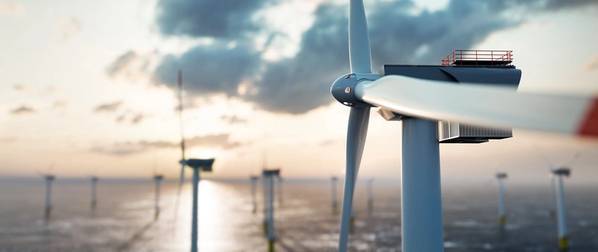
Installed offshore wind capacity in the U.S. grew to 242MW in the first quarter of the year from 42MW in the previous quarter, the Oceantic Network said in its report, showcasing a recovery in a previously volatile industry.
The offshore wind industry is expected to play a major role in helping several states and, the Biden administration meet goals to decarbonize the power grid and combat climate change.
The industry had a tough 2023 after developers wrote off billions of dollars in impairment charges due to high-interest rates, supply chain snags, and rising inflation.
Last year, companies highlighted that offshore wind projects may not move forward unless the requirements for subsidies under the Inflation Reduction Act (IRA) are eased. The IRA requires clean energy projects seeking bonus tax incentives to be built with American-made equipment and located in low-income communities.
The report highlighted that 4,000MW of capacity would be developed across three projects by the summer.
One thousand megawatts of offshore wind can power around 500,000 U.S. homes.
The U.S. market now also has eight projects with construction approval, representing between 10,200 and 11,300MW of potential generation, the report said.
"The nation celebrated its first utility-scale project finishing installation, officially moving the market from demonstration to commercialization" - Oceantic Network
The latest problem to hit the sector is the New York State stalling three major offshore wind-energy projects after General Electric Vernova changed the turbine design, which the state said "materially altered" the plans.
New York had provisionally approved the projects in October 2023.
(Reuters - Reporting by Seher Dareen in Bengaluru; Editing by Tasim Zahid)